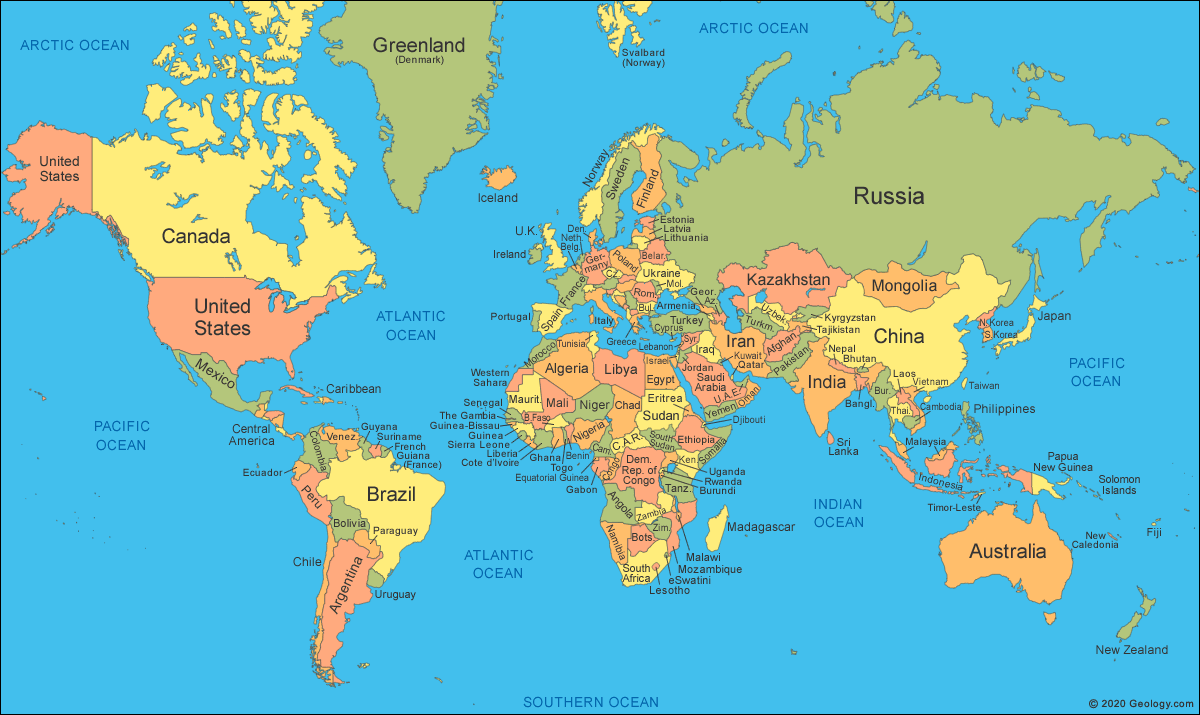The other day on Facebook I read a news flash that was
ridiculous. I don’t even remember what
it was; these implausible claims are so obvious that I’m
incredulous than anyone even takes more than a moment’s notice, never mind that
they seriously believe them. A few
examples:
Hilary dies on Sept. 11
Pope shocks world endorses Trump
Pope shocks world endorses Hilary
Putin endorses Trump
There was even a picture that went viral of the huge crowd
of people protesting the pipeline in North Dakota. Only it turned out to be an aerial photo of
Woodstock, taken over 50 years ago!
Who would believe these outrageous lies? They remind me of those magazine rags that used
to be sold in front of the grocery store checkout lines. Nowadays people don’t
have to leave their house and go to the store to see dubious rumors, hoaxes and
other nonsense. Satire and/or
propaganda, advertisements, entertainment, etc. are masquerading as news on
their computers and phones. Many people are shocked, or their curiosity is
aroused and then they spread the “news.”
My mother used to say, believe
half of what you see and none of what you hear. Well, that was then and this is now. Believe
nothing until you verify, would be her new mantra I’m sure. If she thought
critically then, she’d certainly be shaking her head, now.
She’d probably insist that her children learn news literacy. What’s that?
That’s the term given to reading the news and discerning whether or not
to believe it. It’s learning to find the
truth; it’s checking sources; it’s looking up information. One has to read other sources than those
which just reinforce your own way of thinking.
Reading or listening to talk radio that just reinforces your way of thinking
is not thinking critically. You need to
know both sides. You need to detect opinionated writing and flawed reporting. It’s a life skill that’s necessary in a
democracy.
Unfortunately, today many get their news via the media. And the media is undergoing growing pains. It sometimes is hard to determine what is a
legitimate news source. So you can’t
depend on one—not one TV or radio station, not one newspaper, not just Drudge
Report, Google News, Fark, HuffPo, WashPo, etc.
Check out a few. There’s also
some fact checking sites, e.i., www.marketplace.org,
www.snopes.com, or quickly tweet to @factcheckdotorg
.
Learning news literacy certainly has to be important in
school current event classes. That’s
common sense. The populace must be informed and able to see what is biased and
outright false. It’s a necessary skill
to keep a free republic. We seniors can’t
be naïve, either. Maybe we don’t have
the digital expertise to surf the net as deftly as our grandchildren, but we
should know satire from news.
Everybody
needs to hold our journalists to higher standards. It’s people that drive the media. There’s no excuse not be informed. Read responsibly. Think!
Maybe even pray before you read; it certainly won’t hurt. Why not!
Think as you read:
What is the claim?
Look at its appearance and how it’s conveyed—flashy, inflammatory, shocking…
What’s your reaction—how does it make you feel?
Verify—look around at other news sources, if possible go to a fact check site.
Is it important that people know the truth about this news or falsehood?
What possible good could result from people knowing this truth or that it’s false. Decide what action to take.
Look at its appearance and how it’s conveyed—flashy, inflammatory, shocking…
What’s your reaction—how does it make you feel?
Verify—look around at other news sources, if possible go to a fact check site.
Is it important that people know the truth about this news or falsehood?
What possible good could result from people knowing this truth or that it’s false. Decide what action to take.




No comments:
Post a Comment